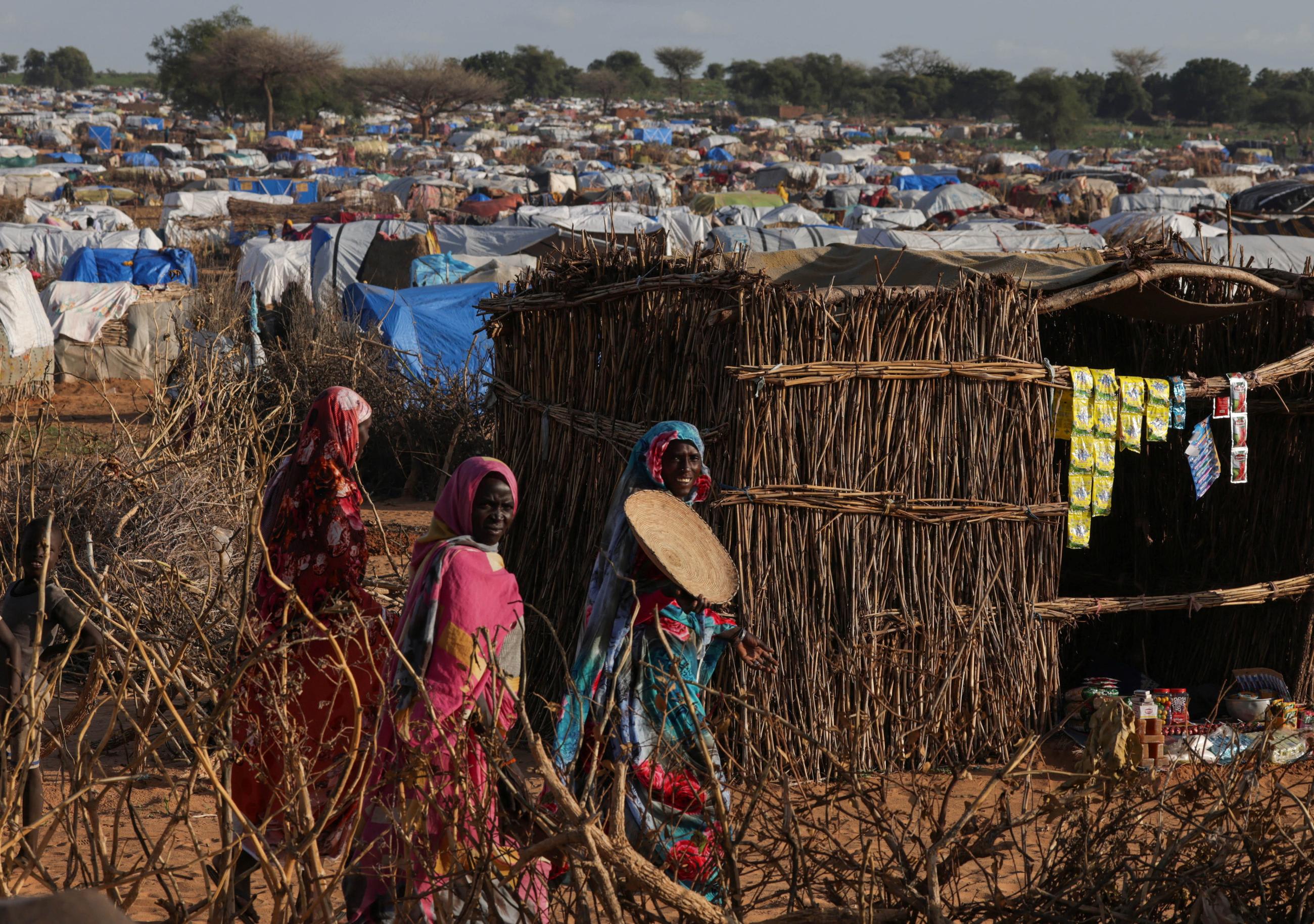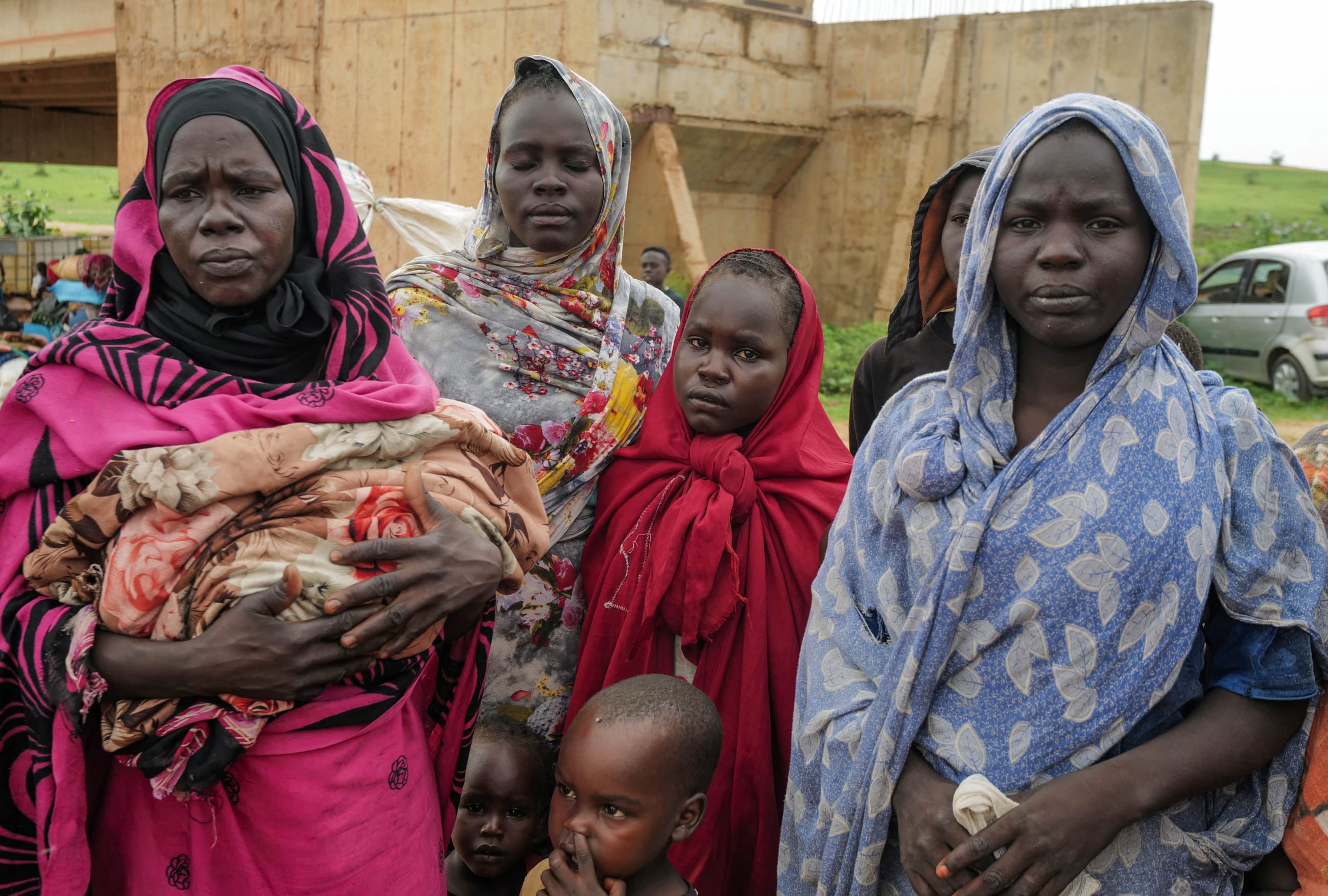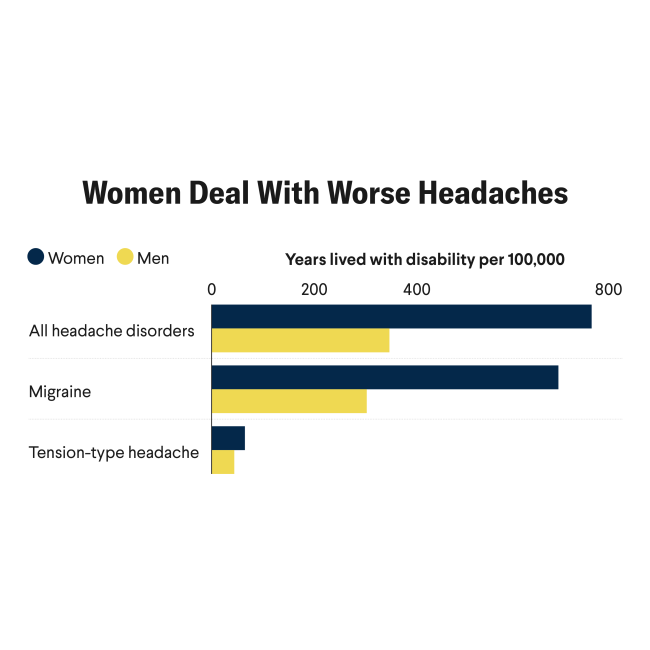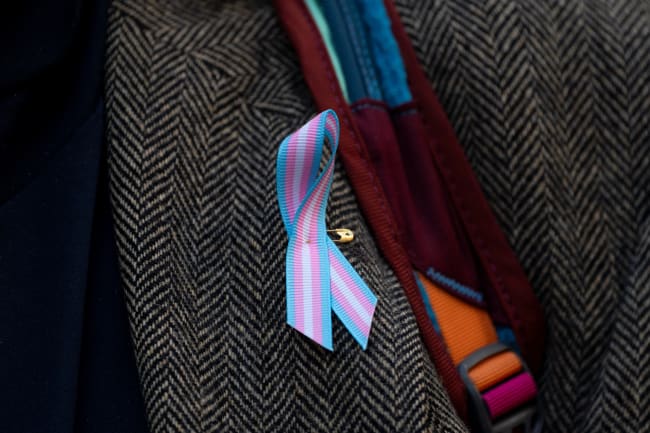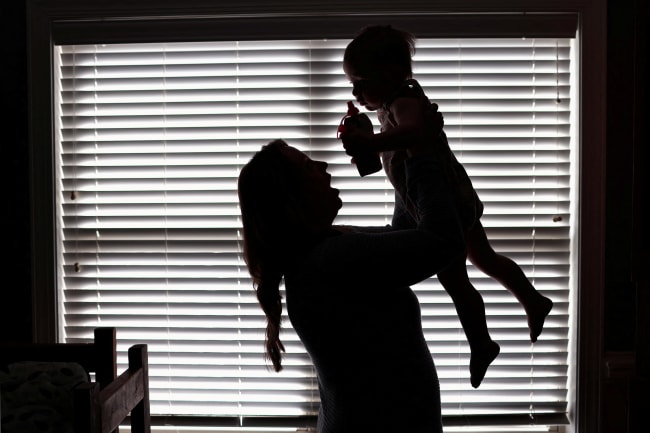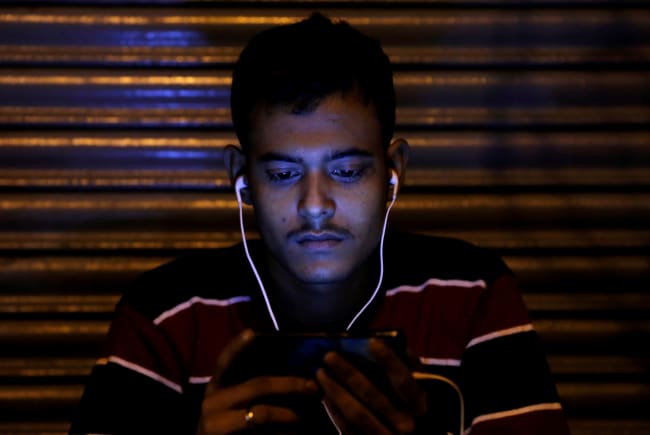Nearly one year into its deadly war, Sudan faces the world's highest rate of internal displacement, with more than 10 million people driven from their homes. Compounding the catastrophe is the terror of violence targeted at women, says the United Nations Population Fund (UNFPA), which estimates that 6.7 million Sudanese people, mostly women, are at risk of gender-based violence (GBV). Incidents of kidnapping, abuse, and rape pile on top of the deaths of 13,000 civilians killed since the war erupted in April 2023.
UNFPA is shedding much-needed light on the triple threat of death, displacement, and GBV that women face. The war itself has drawn little global attention because conflicts in Ukraine and Gaza command more media coverage.
Ongoing clashes between the Sudanese Army and the paramilitary Rapid Support Forces (RSF) have plunged the country into chaos and terror. Fears and evidence of ethnic-based violence have resurfaced, mirroring the 2005 Darfur genocide that killed an estimated 300,000 people and displaced more than 2 million.
Gladiator Sudan, a local media outlet, recently reported at least 189 cases of rape between April and December 2023, just four of these committed against men. In a country with severely limited infrastructure and a decimated health-care system, accurately counting instances of GBV is nearly impossible, and many cases likely go unreported. Between the ongoing violence and limited international eyes on Sudan, civilians have been caught in the crossfire, with women and girls left especially vulnerable.
189 cases of rape were reported between April and December 2023
Widespread Fear of GBV
GBV is a tactic of war that has become all too common in Sudan. Investigations by the International Criminal Court into the Darfur genocide of 2005 revealed that paramilitary soldiers often carried out rape attacks against women. Today, gang rapes, sexual assault, harassment, forced marriages, and other forms of GBV are similarly widespread.
"It's very terrifying and real," says Omnia Elgunaid, a 21-year-old woman who recently fled her home in Wad Medani and was displaced to Kassala in eastern Sudan.
With little access to GBV services and medication such as abortion pills, many have turned to social media to share tips and learn about methods to avoid rape and prevent unwanted pregnancy. "Girls are bookmarking tweets out of fear," says Elgunaid. She adds that living in fear of rape is just one of the daily traumas that civilians are faced with amid the ongoing war.
Sudanese advocacy groups have been using social media to provide public health education on GBV as well as diseases of concern like dengue fever and cholera. "I don't think people in Sudan have the privilege to see videos that are seven minutes long," says Adeela Al-Amin, a 26-year-old women's health activist based in Egypt. The advocacy groups she is a part of, including Nas Al Sudan and Liberate Sudan, have faced challenges in confirming which online posts reach civilians on the ground due to limited internet and frequent telecommunication blackouts in the country. Al-Amin says that their efforts have mainly built awareness around the humanitarian crisis for people outside Sudan.
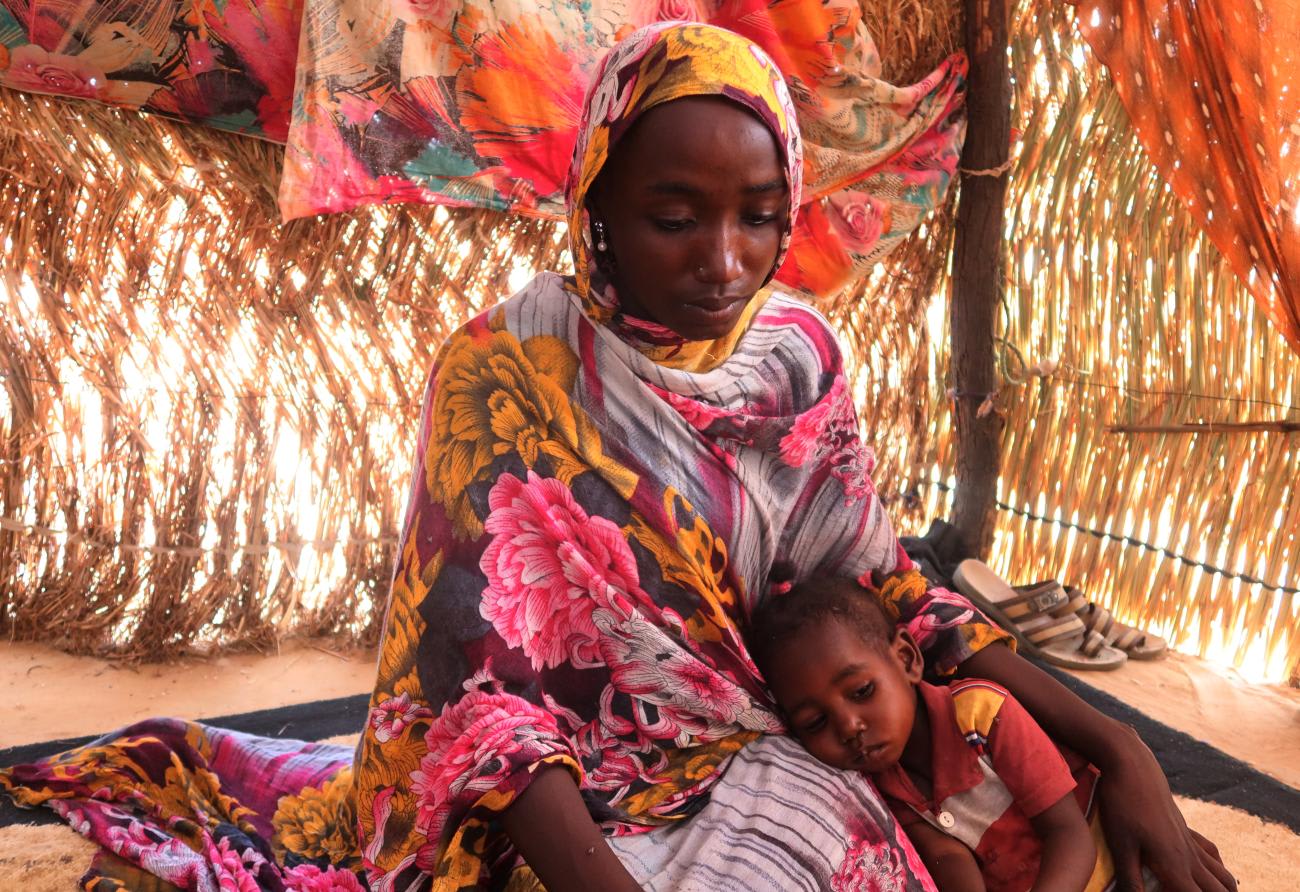
Rape as a Weapon of War
Reports of rape have been mainly attributed to the RSF, though some have also been carried out by the Sudanese Army, according to an Al Jazeera report. RSF militiamen have openly posted about GBV on social media. "Here come the people of birth control pills and abortion," tweeted one RSF member mockingly, referring to "liberal" individuals who condemned a video of a house being looted. Another member posted a video boasting, "I see people complaining that we rape, kill steal, and whatever else. This is our right, brothers. If you have a problem with it, meet us on the battlefield."
Much of the gender-based violence has been committed against the same groups that faced ethnic cleansing during the Darfur genocide in the early 2000s. Today, women and men belonging to Masalit ethnic communities in particular have been once again subjected to "crimes against humanity and ethnic cleansing," as U.S. Secretary of State Antony Blinken concluded.
Much of the gender-based violence has been committed against the same groups that faced ethnic cleansing during the Darfur genocide
The use of GBV as a war tactic is often a way of humiliating and emasculating the enemy's men when they or the women in their lives are assaulted. In Sudan and other Muslim societies, the destruction of women's bodies equates to the destruction of a symbol of honor and purity. This type of violence also enforces abuses of power over women and strips away reproductive health, a form of ethnic cleansing. In addition to committing rape, RSF forces have reportedly attacked women by stabbing their genitals, causing permanent damage and in some cases death. Armed forces are also abducting women throughout the country. Since April 2023, the Strategic Initiative for Women in the Horn of Africa has tracked more than 104 cases of missing women and girls, numbers that tend to spike whenever RSF enters a new area.
Rape and Pregnancy Prevention
Sudan is facing a health-care system collapse, with 80% of its health-care facilities out of service. Access to birth control is minimal, leaving women with the sole option to seek methods to prevent rape from occurring in the first place. On social media platforms such as X, formerly known as Twitter, strategies to avoid rape that have been shared include covering oneself with loose clothing or fleeing places where conflict is aggravated. Others are sharing advice to defecate on oneself to repel attackers. Some women are considering suicide.
Abortion medications such as Plan B are also scarce, and traditional herbal treatments have been circulating to ward off pregnancy, says Al-Amin. It is common to recommend vaginal washes and consumption of cinnamon, parsley, and ginger because they are believed to induce abortion. Women have also resorted to vigorous exercise as a way to abort pregnancy in the case of rape. "Even though it has [an effect], you can't rely on it," says Al-Amin. "These treatments only cause abortion, the only way to stop implantation of the fertilized egg is by using the pill."
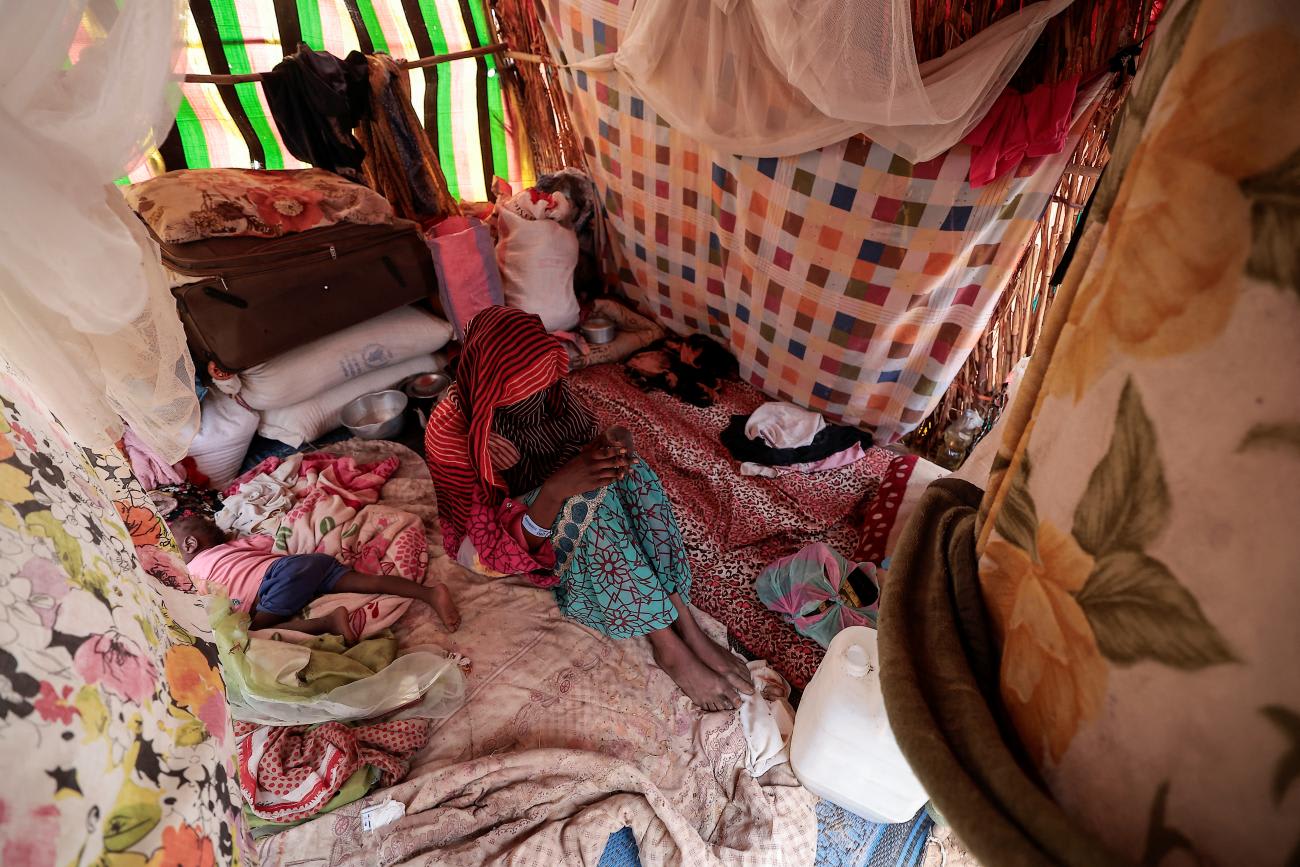
On-the-Ground Response
Agencies such as UNFPA have been able to provide some GBV prevention and treatment services for women and girls in Sudan. Sufian Abdul-Mouty, UNFPA's Head of Communications, says that 64 women's and girls' safe spaces have been set up across Sudan and have provided awareness services, vocational training for health workers, medicines, dignity kits, and psychosocial support for survivors of sexual violence. "The need is huge," he says. A major challenge has been reaching those in hard-hit areas such as Khartoum, Wad Medani, and North and South Darfur. Some services have been provided remotely via telephone or WhatsApp, as well as local radio messages, but limited phone and internet make them difficult to access, says Elgunaid.
A lack of coordinated aid provision due to the destabilization of the capital city, Khartoum, has made local mobilization and mutual aid efforts critical to civilian well-being. When RSF entered Al Managil, Al-Amin's family village, men in the village guarded the local women and relocated them to safer areas, while others stayed back to protect their homes.
Sudan deserves the international attention, it deserves the international care
Youth-led Emergency Response Rooms (ERRs) have been functioning as local governments within certain areas, providing food, water, protection, and other forms of assistance to community members. Funding has been a major challenge for ERRs and international aid organizations operating in Sudan. The United Nations recently appealed for $4.1 billion in aid for the 25 million Sudanese people in need of humanitarian assistance within and outside the country. "We're in a world that has multiple crises," says Abdul-Mouty. "Sudan deserves the international attention, it deserves the international care."
The war in Sudan has transformed women's bodies into battlefields, with GBV proving to be one of the most traumatizing war weapons used. For survivors, the scars of violence stay, and feelings of dehumanization and trauma can take a lifetime to cope with. Increased advocacy, funding for essential services, and international aid are critical to the survival of the country and its people.
